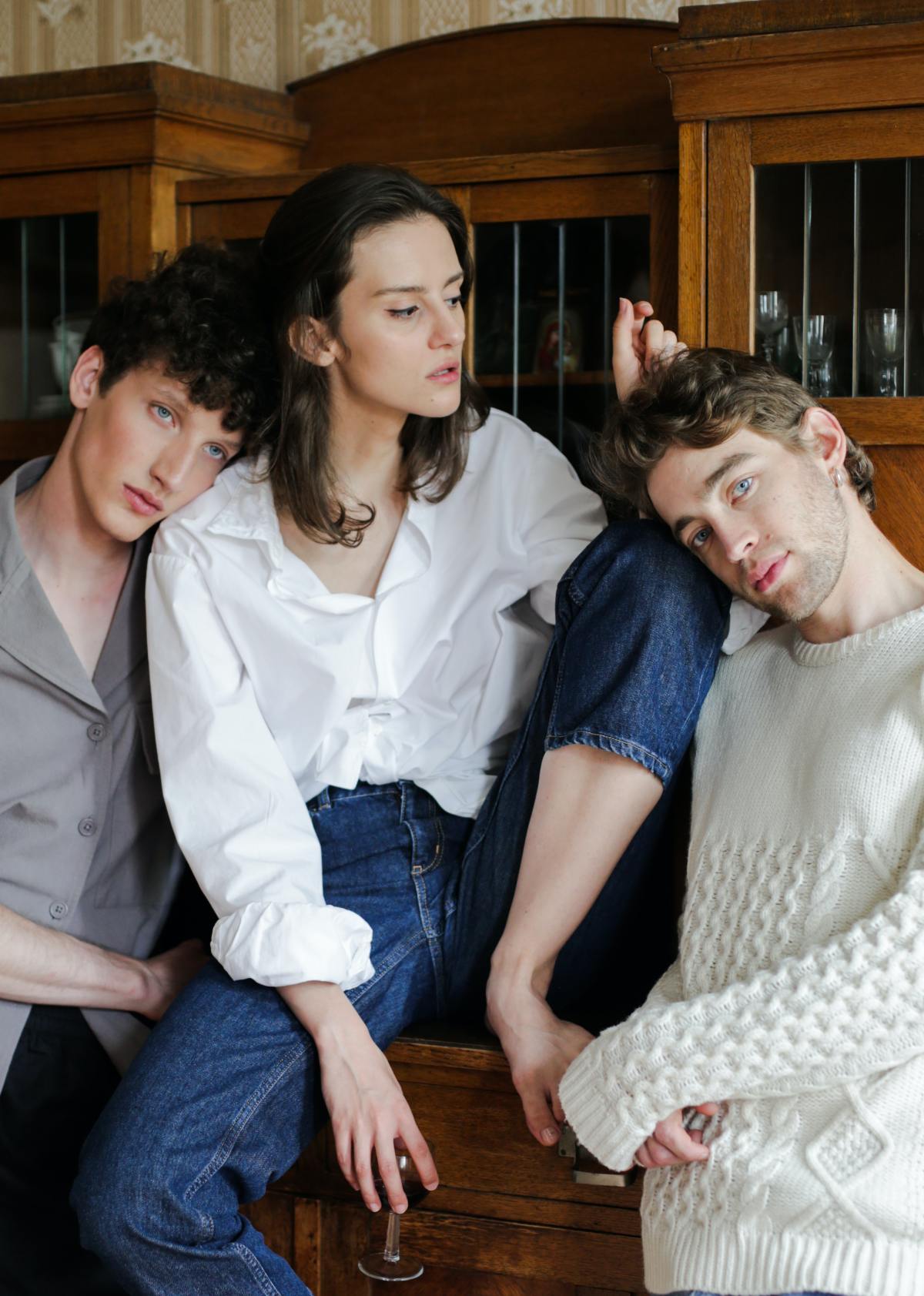4 minute read
Also available as 10 minute podcast
After reading the book Het monogame drama (The monogamous tragedy) by Simone van Saarloos, I got inspired to write this blog. It is more of an essay than a book, really. She tries to convince the reader of the value of the lifestyle of ‘the bachelor’. A lifestyle, she beliefs, is more worthy of pursuit than being in a monogamous relationship.
My main take-home message would be that there are some pitfalls to the culturally aspired monogamous relationships – let’s call them the happy relationship (no sarcasm intended). The message is that it can be valuable to consider alternative relationship forms. In general, there is no denying that our ideal of a happy relationship is not always doing well. In 2019, the divorce rate in Europe was around 43% (with Luxembourg leading the way at 88.9%…). We all want a happy relationship. So why do so many people want to separate after some years?
In our culture, we are brought up to believe that having a happy relationship is a goal in life. The challenge is to find the perfect match. When we have found this match, loving will be easy. The focus is on getting love. But love is not something you have or do not have. Love is an exercise, and it’s the exercise itself that matters.
It is a wonderful comforting thing to lie down and imagine having a partner that is your best friend, someone who challenges you intellectually, an emotional retreat and a beastly bed partner. The thought alone makes me happy and inspires me. But is it fair to expect this all at once from any one person? Don’t we want to experience unconditional love as well?

Now, let’s talk about the people who have failed to meet your expectations. Your past relationships. That’s right, your exes. Where do they fit into this picture? When we enter a new relationship, exes take on a confusing role. We have an agreement with our new partner that we are not interested in other people in our romantic lives. But in the past, we were in a romantic relationship with someone else!
The philosopher Slavoj Žižek states that when you gain a new insight, you feel like you have had that insight forever. So we can argue that it is very hard to imagine why you have ever been with someone else, once you are in a relationship. But why don’t we stop comparing these people? We can move our focus instead to what makes them different and unique. And we will find that we don’t need to apologize for our past relationships. Maybe, just maybe, we will find that loving connections can even co-exist!
“Wait, is he suggesting we should explore polyamorous relationships? That’s just greedy!” Yes, I just did. And here is why. In her book, Simone states that the presumed safety of a happy relationship makes us very vulnerable to change in our environment. We soon become completely reliant on our partner, and if anything happens to them, we could find we have no social safety net.
This relationship is like a dodo, a bird that evolved to be completely helpless for the lack of environmental threats. If we shield ourselves from external stress, our happy relationship quickly becomes a dodo relationship. A miserable thing that is unable to adapt to changes in its environment and is predestined to die out. This is unlike a polyamorous relationship, where we do not give ourselves the illusion of safety by the construct of the relationship. Without shielding ourselves to external influences, our relationships will become that much stronger and more fulfilling.

Simone proposes 5 social rules to incorporate this single-mindset into our romantic lives
- See different people.
- Divide your needs and do not crave attention.
- Avoid superficial sex and small talk.
- Be perceptive to people’s differences.
- Have safe sex.
Contrary to Simone, I believe these rules can be applied just as well to our happy relationship. However, I do feel many people could benefit by experimenting, playfully, with the idea. It gets you out of your comfort zone. I am still learning a lot from the experience.
Love and relationships are not a static thing. Your relationships don’t have to always ‘get better’. Remember that love is not something to be found, it is in you. In your actions. In how you treat the people close to you. Now, go out and play!
